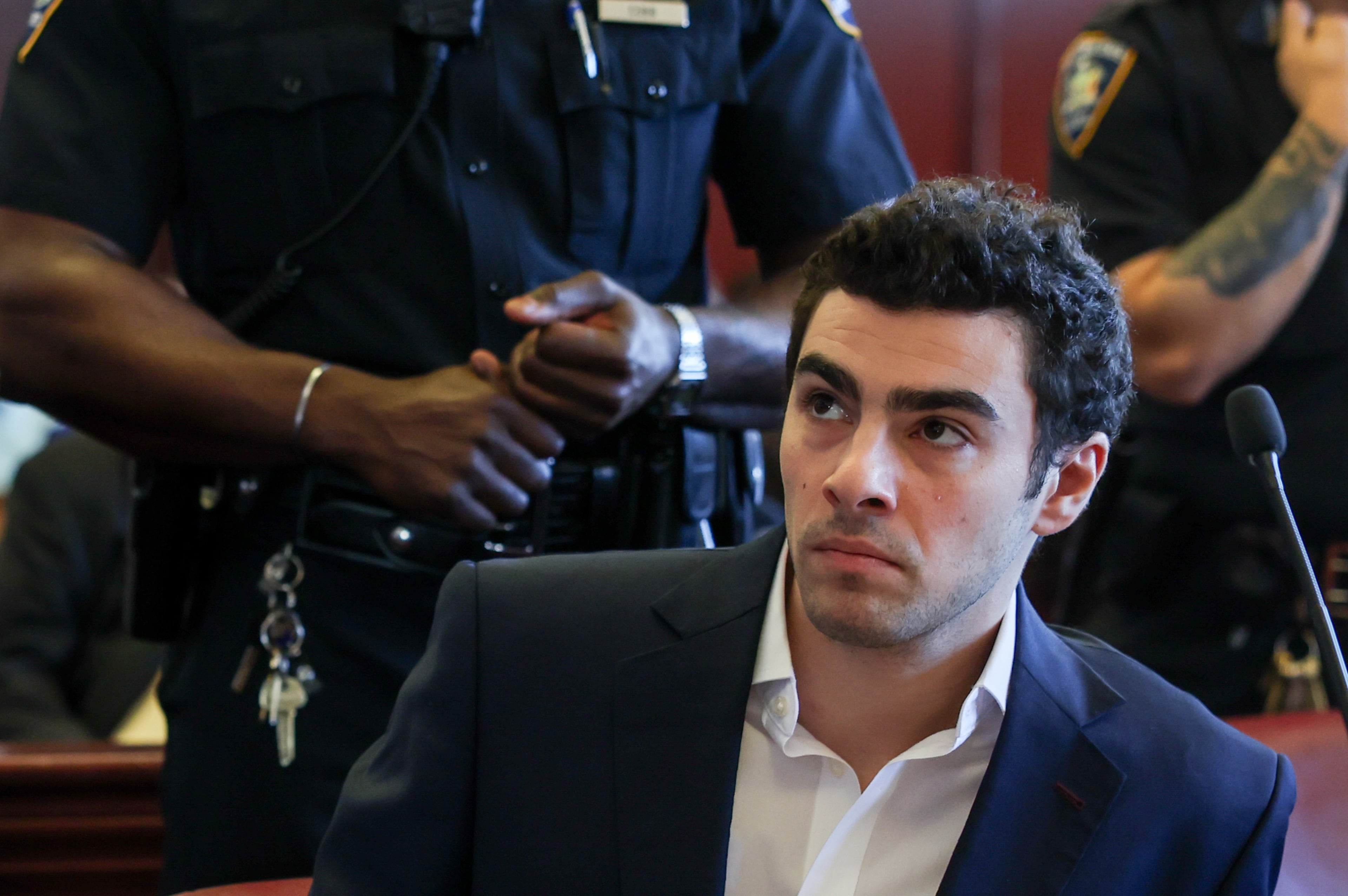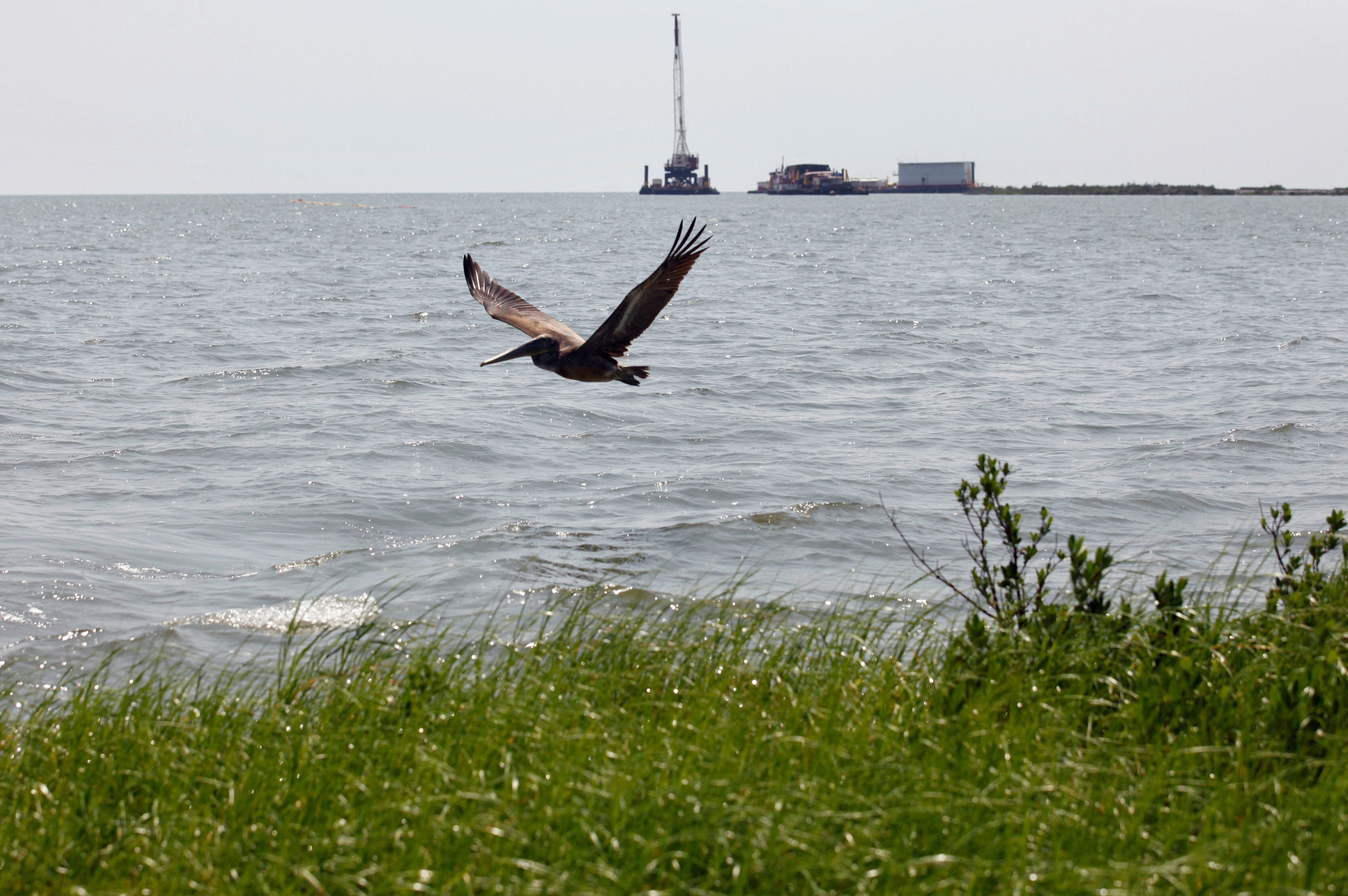Conyers smoke plume has faded, but clouds of ‘fear and anxiety’ remain

The ominous plume from the BioLab chemical fire might be fading, but for the tens of thousands of Rockdale County residents who live close to the troubled facility, their worries continue to hang in the air.
The Sept. 29 fire near Conyers triggered an initial evacuation of 17,000, nightly shelter-in-place orders and at least two weeks of school closures. The incident prompted county and state leaders to call for criminal investigations and additional regulations.
The incident — BioLab’s fourth in 20 years — prompted a volatile reaction between water and a chemical known as trichloroisocyanuric acid or TCCA, creating the color-changing plume of smoke that left residents coughing and battling irritated eyes. The Georgia Emergency Management and Homeland Security Agency also detected bromine, chlorine, chloramine and other chlorine compounds released from the fire at the facility, which produces chemicals for spa and pool treatments.
In a message posted to a website BioLab created to provide updates, the Lawrenceville-based company said, “We deeply regret the impact of the fire at our warehouse. Our priority is remediating this situation with the health and safety of the community top of mind.”
The Atlanta Journal-Constitution interviewed people who live or work close to smoldering site. Several remain angered by BioLab’s response and have urged county leaders to find a way to shut down the facility.
Here are some of their stories:
James Donegan

James Donegan lives on Old Covington Highway, a half-mile away from BioLab. On the Sunday the chemical facility caught fire, Donegan stood in his front lawn watching fire trucks rush toward the plume of smoke. He and his fiancee didn’t realize the severity of the situation until a deputy noticed them and yelled, ‘You gotta evacuate! You gotta evacuate!”
The Navy veteran, who is back in his house, said he has chronic obstructive pulmonary disease and arthritis. He’s worried that no part of his life will be left unscathed by the fire.
“I just hope we get compensated for everything,” he said.
He’s confident the airborne chemicals have tainted his vegetable garden, saying his typically green produce is a sickly yellow color — a shade that should only belong to his squash.
His dog, an 8-year-old rescue named Smokey, has been constantly coughing and throwing up. Several Rockdale residents told county leaders they were advised by veterinarians to relocate their pets, horses and livestock until the situation was resolved, but Donegan said that isn’t an option for him. He fears for his dog’s life.
Because of his disabilities, he’s applied for food stamps but said the application isn’t able to be mailed to his home because of a police blockade that continues to block BioLab and his property from the rest of Conyers.
Regardless of what it costs him, Donegan said this incident will be the last he experiences in his hometown county.
“I’ve lived here all my life,” he said. “It don’t matter to me. I’m packing up and leaving (to) somewhere up in the mountains where there isn’t any bad air.”
Kathy Atkins
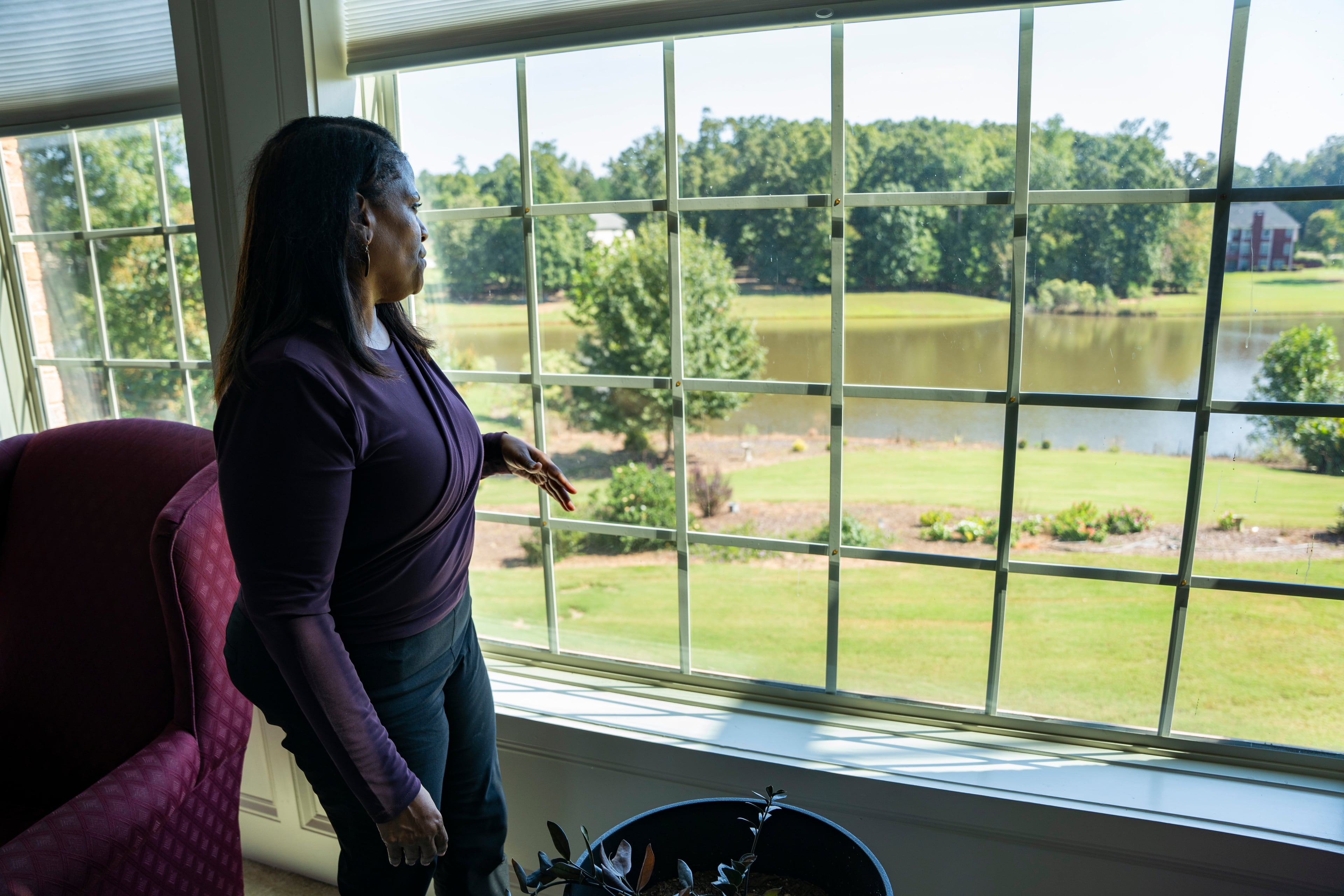
Kathy Atkins lives about 8 miles from BioLab’s facility, but she said that wasn’t far enough to escape the smog.
A soon-to-be-retired high school teacher, Atkins shifted to working from home alongside the county’s schoolchildren. The stinging eyes and cough from BioLab’s plume of smoke concern her, but not as much as the long-term effects it might have on the young and elderly.
“We know that some kids have respiratory issues,” she said. “We have to go back (to school), but what are going to be the long-lasting effects?”

Atkins was among dozens of upset residents who attended the Rockdale County Commission’s Tuesday meeting in hopes of learning more from elected officials, but she said she left disappointed. She appreciated the frustration Chairman Oz Nesbitt Sr. displayed during the meeting but described many of his comments as feeling “whitewashed” and “redacted.”
She was more upset with BioLab for not having a representative at the meeting, which took place nine days after the fire.
“They’ve had time to be prepared and to engage the community,” she said. “But they’ve not done that.”
Atkins said she worries residents won’t know the consequences of this incident for years. She said it leaves them on the edge of paranoia, questioning every cough and tickle in the back of their throat.
“Now we have these clouds of fear and anxiety,” she said. “That’s just as bad as the clouds from the plumes.”
Wendy Eidson
Wendy Eidson is the funeral director of Phoenix Funeral Services, located on Veterans Drive SW, a half mile from the BioLab facility. At the time of the fire, she had the bodies of two people who had died for whom families were awaiting funeral services in her building. She managed to transfer them to another location.
Eidson said she can’t estimate the amount of money her business has lost since the fire or the extent of the damage to her building. If the damage is so significant that the funeral home requires replacement of equipment, it will be expensive. A brand-new crematory costs $250,000. She doesn’t know if her walls or her carpet is contaminated.
“When we go to embalm people to bury them, with the chlorine, what will that do? If I turn that crematory on, am I going to turn on a bomb?” Eidson said.
She fears her insurance premiums could go up and that she will no longer afford to be in business.
Eidson is passionate about what she does. She said she’s concerned about being unable to help families that need her services, particularly the ones she has already built relationships with. That’s potential revenue the business will never recoup, she said, and generations of trust that have been broken.
“Our whole entity is standing on the line,” Eidson said. “Our reputation. How we serve families. Our integrity. Everything that we do is now standing in the balance. And that’s a shame.”
Eidson lives just a few miles from the funeral home, and she said that it’s a running joke in the city that “BioLab is on fire again.”
She has a pool in her backyard that she treats with chlorine tabs from a 5-gallon bucket. Whenever she opens the bucket, she plugs her nose and quickly puts the lid back on because the smell is overwhelming.
“I am not any more important than anyone in this county that has been affected by this nonsense,” Eidson said. “We have to come together as a community to make sure that something like this never, ever happens again.”
Sher’ree Kellogg

When Sher’ree Kellogg and her family witnessed the plume of black smoke, they saw something more sinister than just a factory accident.
They fear it’s an example of environmental racism, in which potentially dangerous or less desirable facilities are located in communities of color. Nearly two-thirds of the population in Rockdale is Black.

“Here we go again with environmental racism,” said Kamau Rono, Kellogg’s father who is battling prostate cancer and multiple myeloma, a cancer of the blood. “My concern is why don’t we address the root cause as opposed to the symptoms of these issues.”
Kellogg, a director of operation risk in the finance industry, said BioLab’s track record of Occupational Safety and Health Administration violations and prior incidents tell her the company is not concerned about its neighbors.
Most of all, she’s concerned about her 14-year-old son, A.J., who is among the Rockdale youths thrust into virtual learning. She’s seen where other high-profile chemical incidents have spurred health defects that emerge decades later, which is why she’s looking for transparency from BioLab and investigators. She wants to see independent testing, public air quality reports and health screenings for residents close to the facility.
“We need to know because we are the direct recipients of this negligence,” she said. “But we’re not getting those answers.”
Kellogg’s mother, Chiquilla Polain, also lives in Rockdale and is worried about her long-term health. In 2020, Polain spent 2½ months in a hospital and required extra oxygen after she contracted COVID-19. Lingering effects remain.
“Do I really know that it’s safe for me to go outside?” the 74-year-old asked. “Is there going to be some side effects like COVID, because I’m still dealing with that? Next year, am I going to hear that my lungs are worse?”
Melvin Little
Melvin Little owns two body shops in Conyers. Precision Paint and Collision, his better-performing shop, sits across I-20 from the BioLab facility. Every day since the fire, he says a mist has crept around his building on Iris Drive SW.
“It’s like going into a dark abyss,” said Little, who lives in Covington. “It’s like Armageddon-type stuff.”

He’s opened and closed the shop intermittently, depending on the direction the smoke is blowing. Little estimates the shop is losing $10,000 to $15,000 a day. The hurricane season is usually when Precision makes a lot of money, and Little expected he would get at least 20 cars from Hurricane Helene, which swept across Georgia a few days before the fire.
Several cars that he and his employees were working on before the fire are still in the parking lot. He’s received angry phone calls from customers demanding him to continue working on them, but there is nothing he can do if the smoke is clouding around his shop, he said.
“Some people, they don’t understand,” Little said. “We’re not telling our people to go work in a smoke cloud for someone’s car. It’s not worth someone dying over. It’s a piece of metal.”
The metal chains he uses to lock his building from the outside have already corroded. A similar set of chains he uses for his frame machine are also starting to rust even though they’re inside. He fears it’s a warning sign of what’s to come for the equipment he stores in his shop.
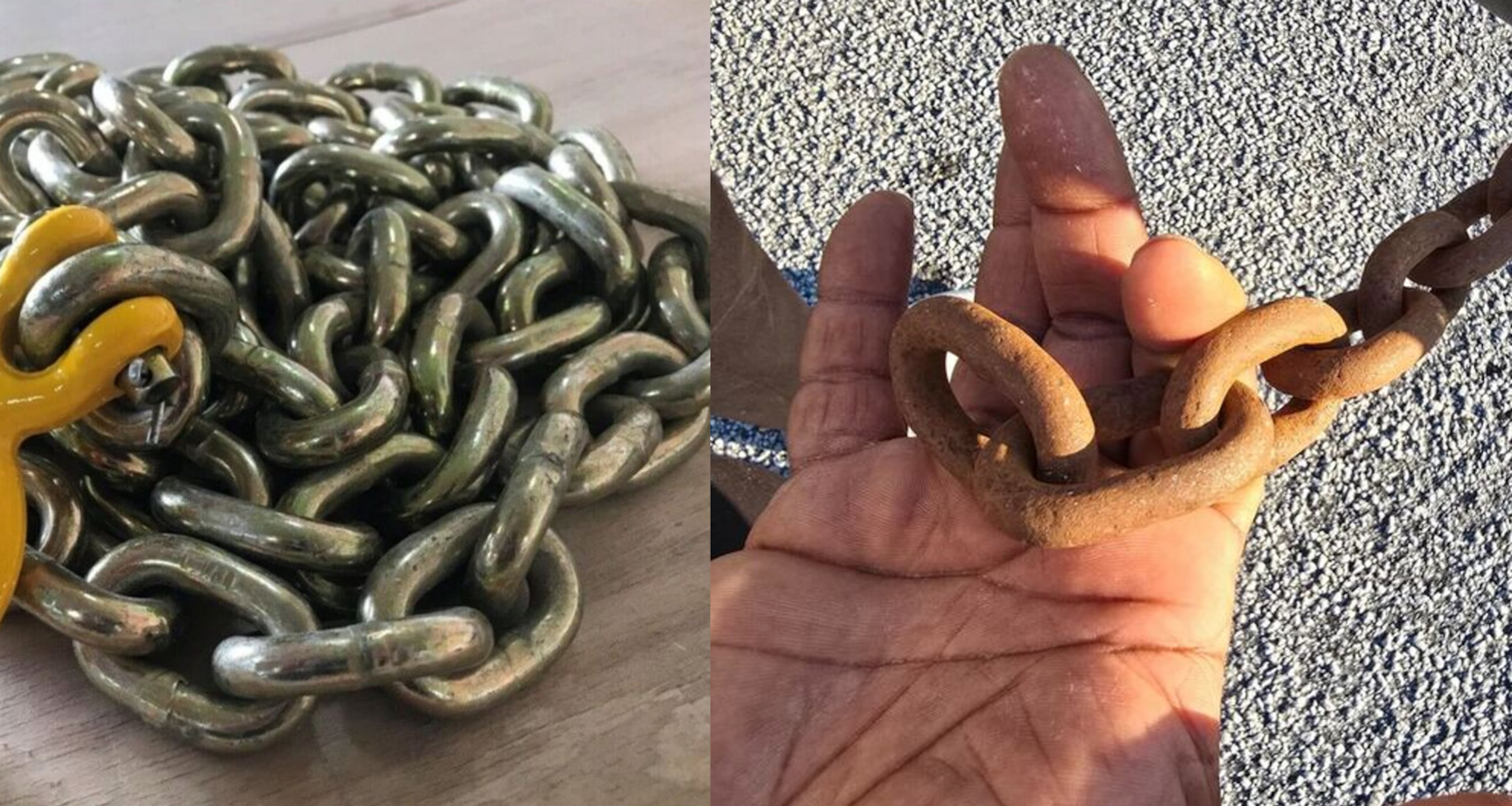
Larry Cox
Larry Cox is a business owner and recently elected official in Rockdale. His first term as a member of the Rockdale County Board of Education starts in January.
Cox is a vice president with Dan-Kel, a concrete cutting business located within a half mile of the BioLab facility. He and his mechanics store and repair equipment and materials needed for jobs at their building.
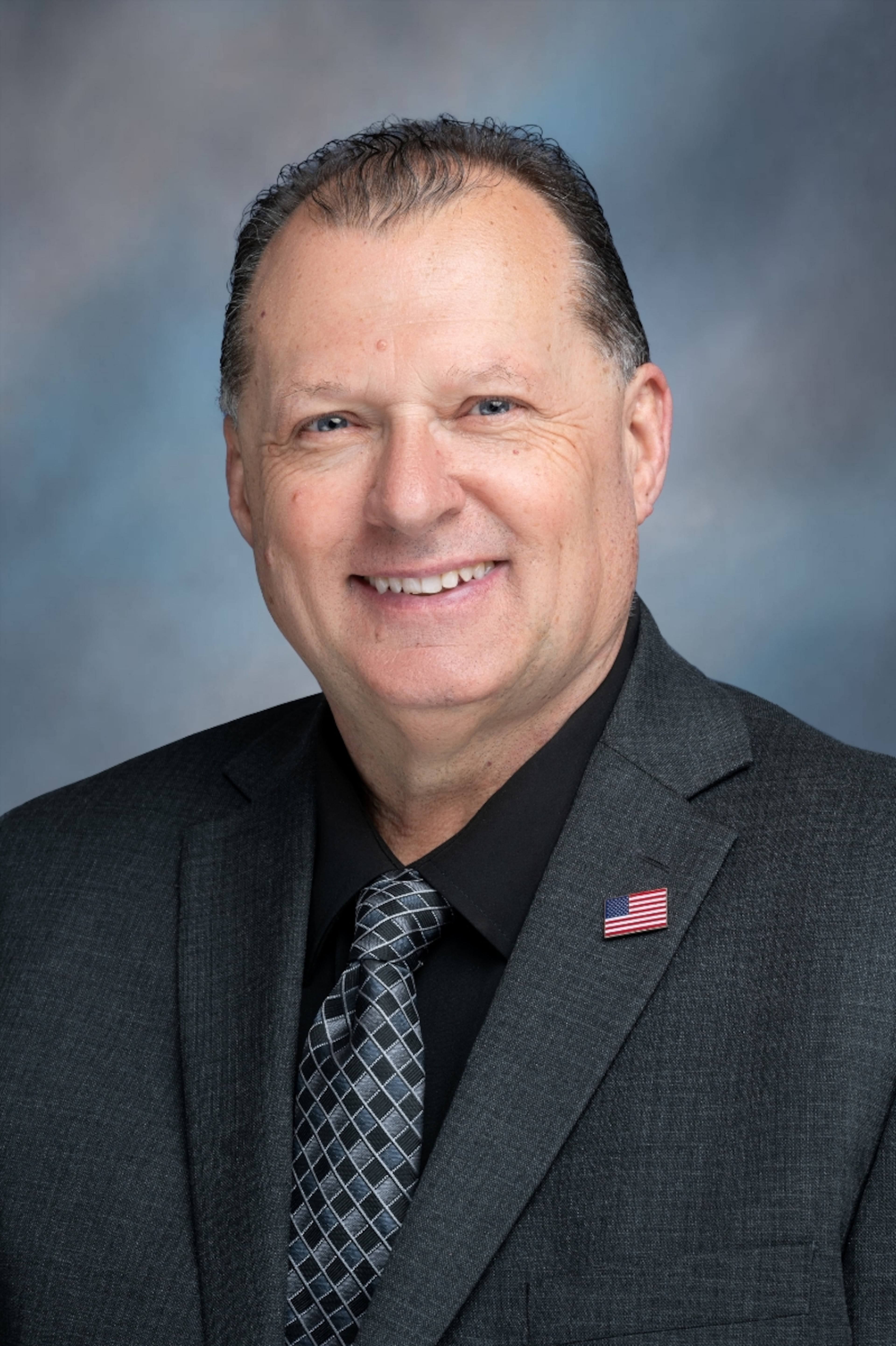
In the first few days after the fire, Cox was able to enter the building and grab essentials. But after Thursday, he received word that the area was too dangerous to reenter.
To continue operating his business, he has had to buy additional materials and equipment and rent a temporary facility to store it. The past week cost Cox around $20,000, he said. He anticipates spending another $10,000 this week and even more if he still cannot access his building in the coming days.
He was in conversations with his landlord to potentially acquire his building in the next few months. Now, unsure of what impact the fire will have on property values, he doesn’t know if he wants to continue with this plan. His landlord said that the vegetation around his building died after the BioLab fire in 2004.
Cox said the state should be handling the remediation efforts, not the local government. But even so, he said that efforts to clean up after Hurricane Helene are taking much of the state’s attention.
“It’s very apparent that this is above the ability of our county leaders,” Cox said. “But apparently our state doesn’t feel like it can handle more than one thing at a time.”


